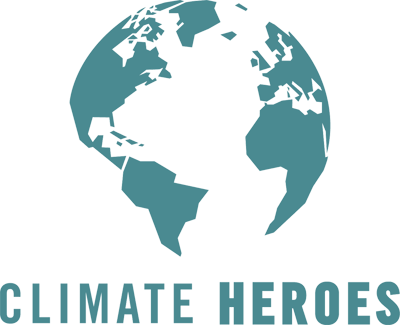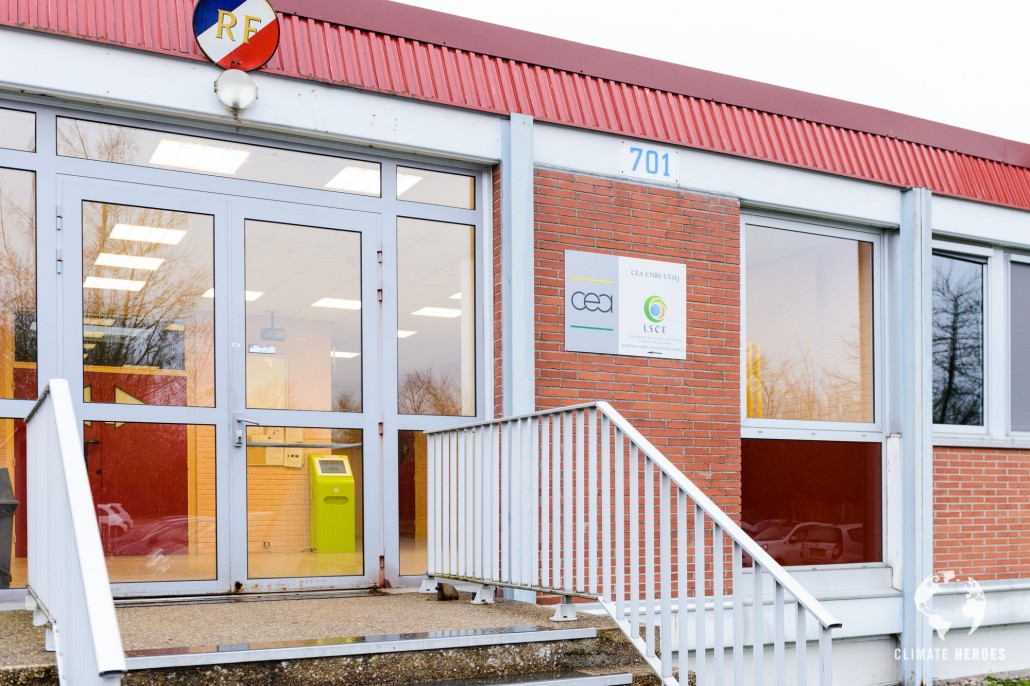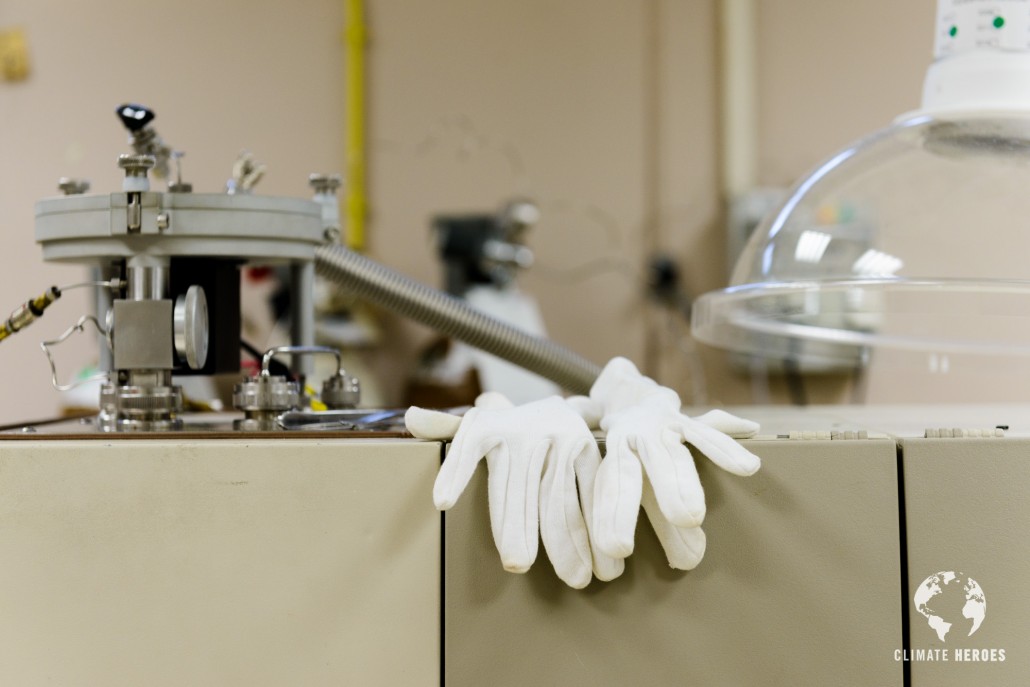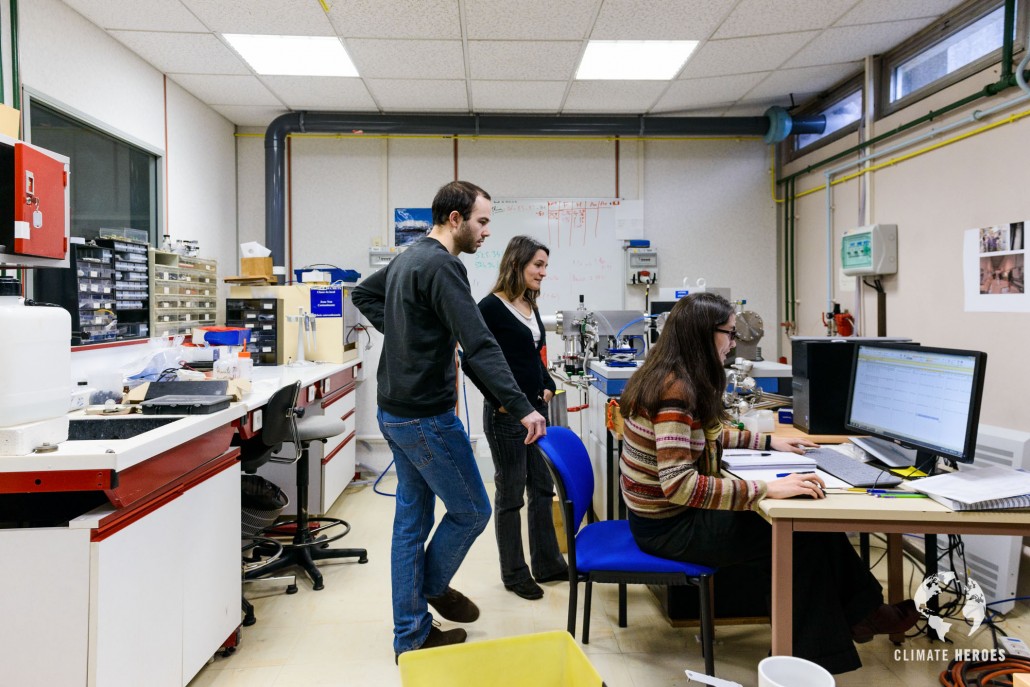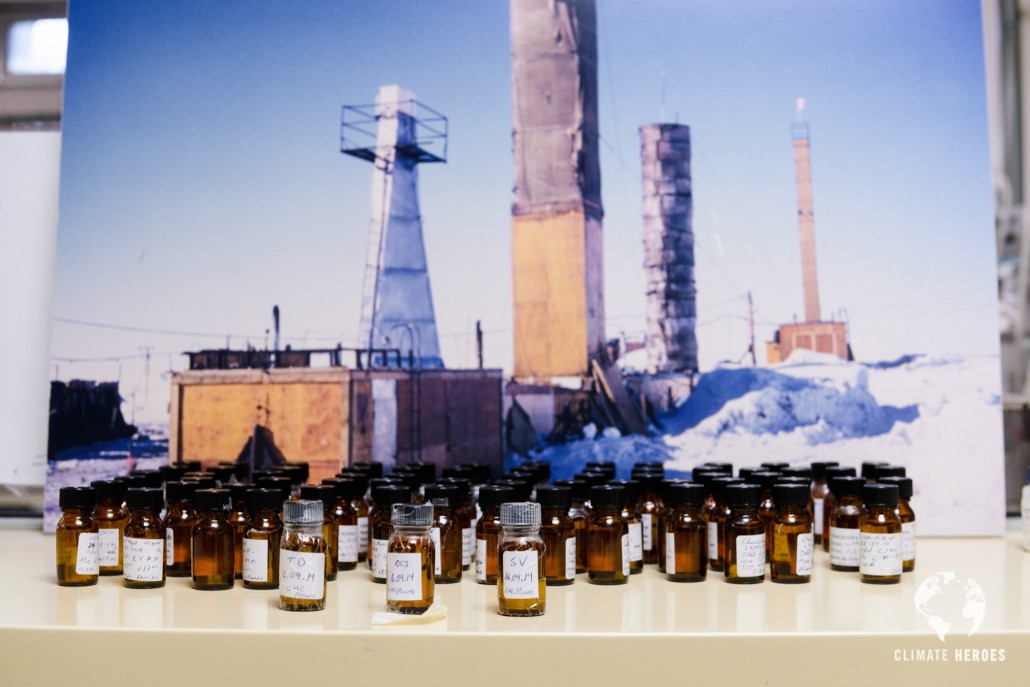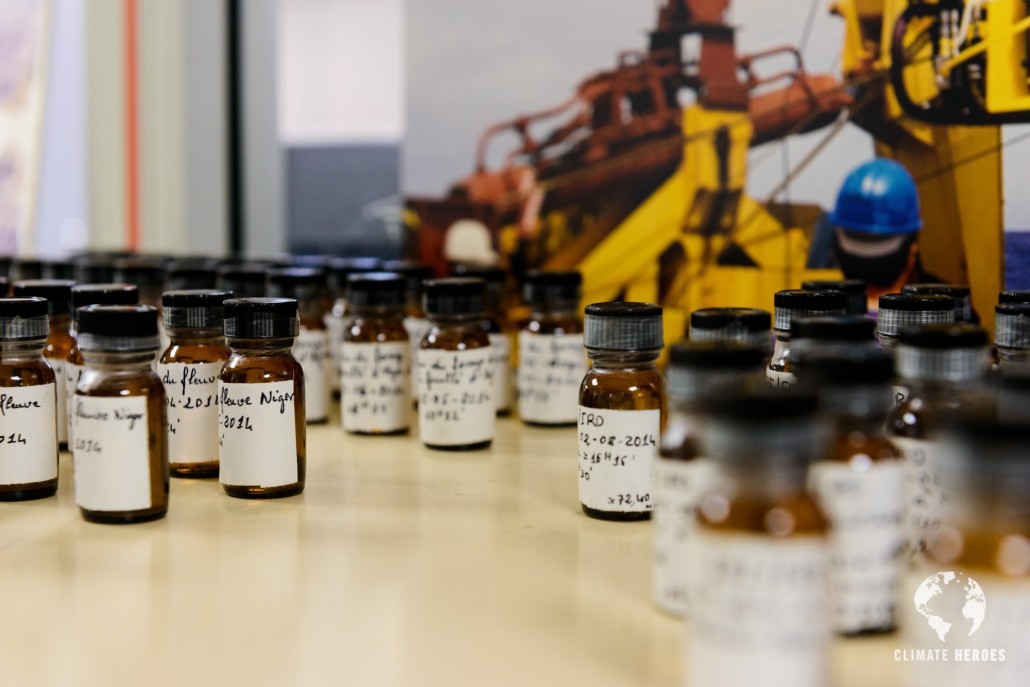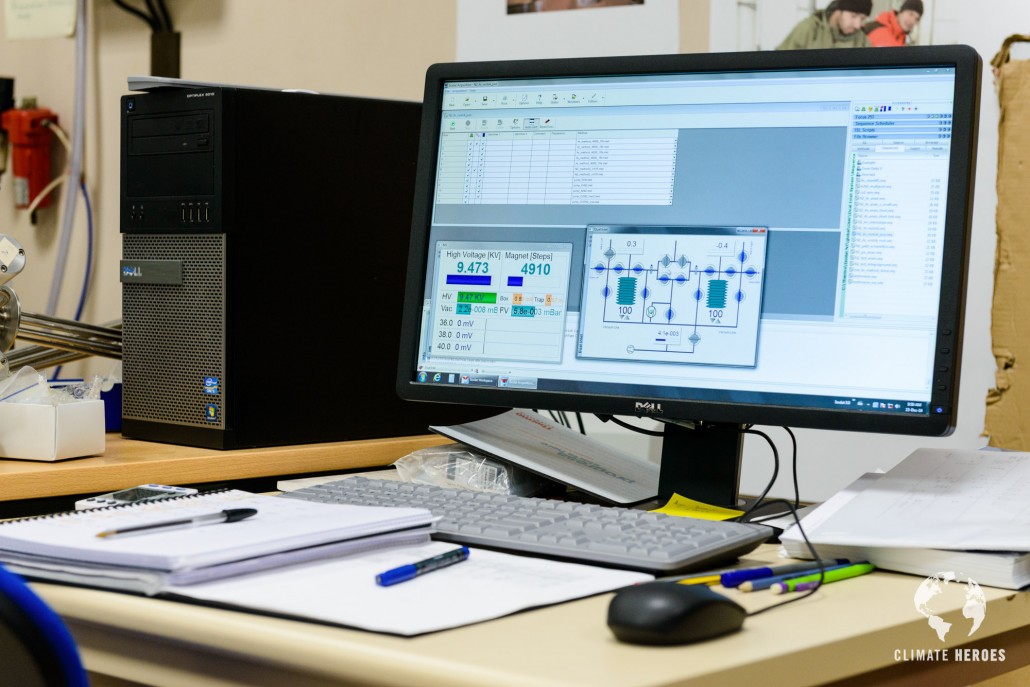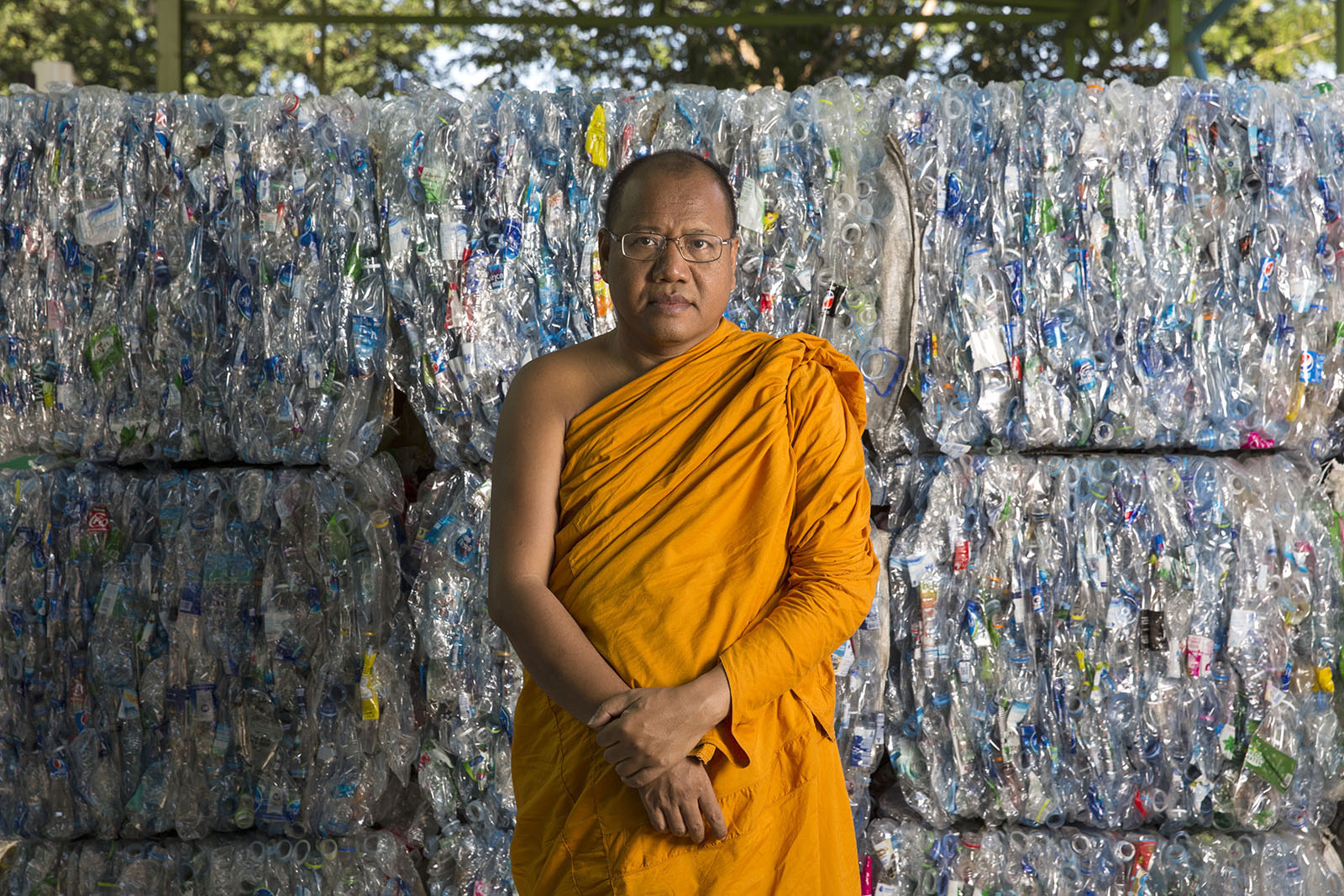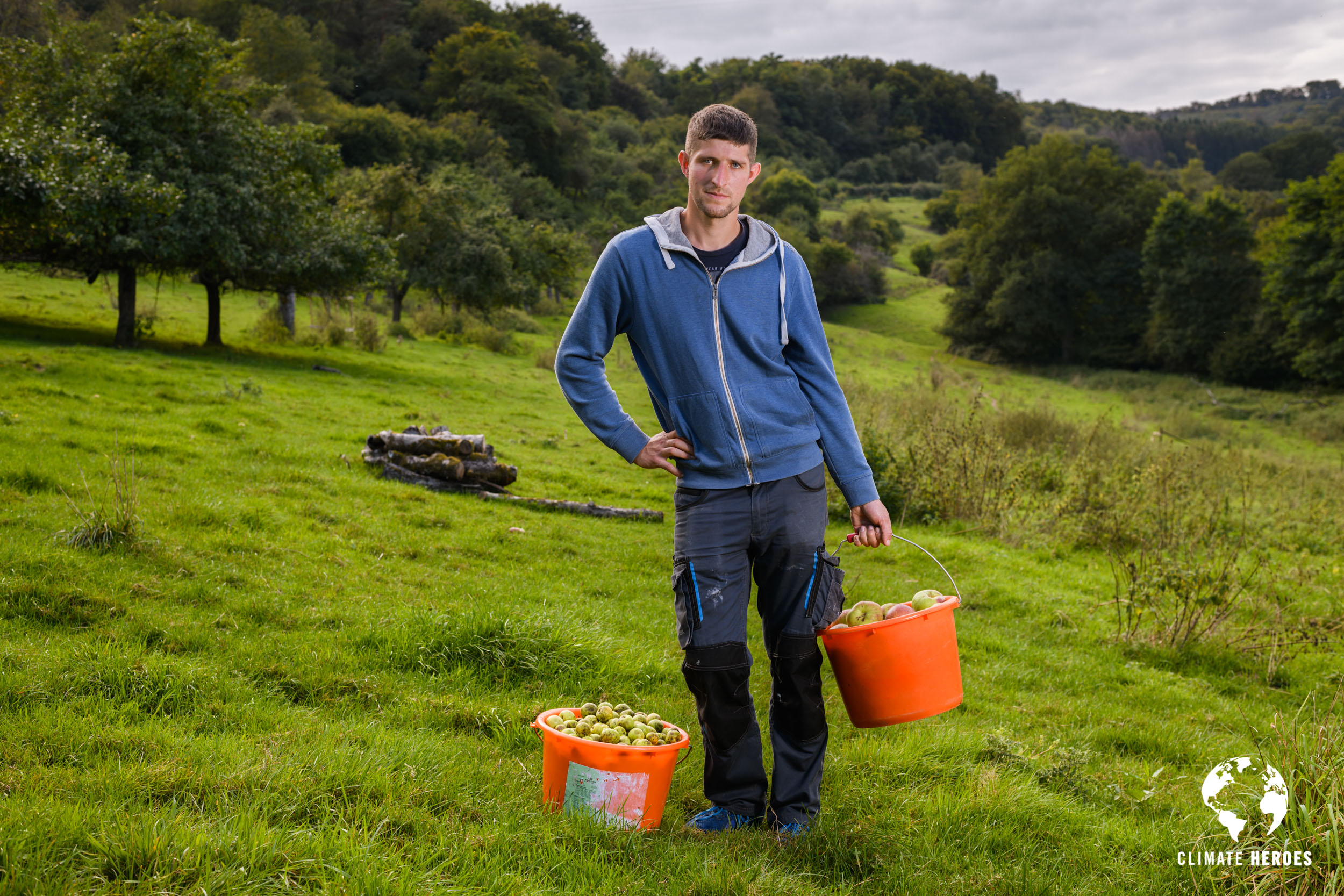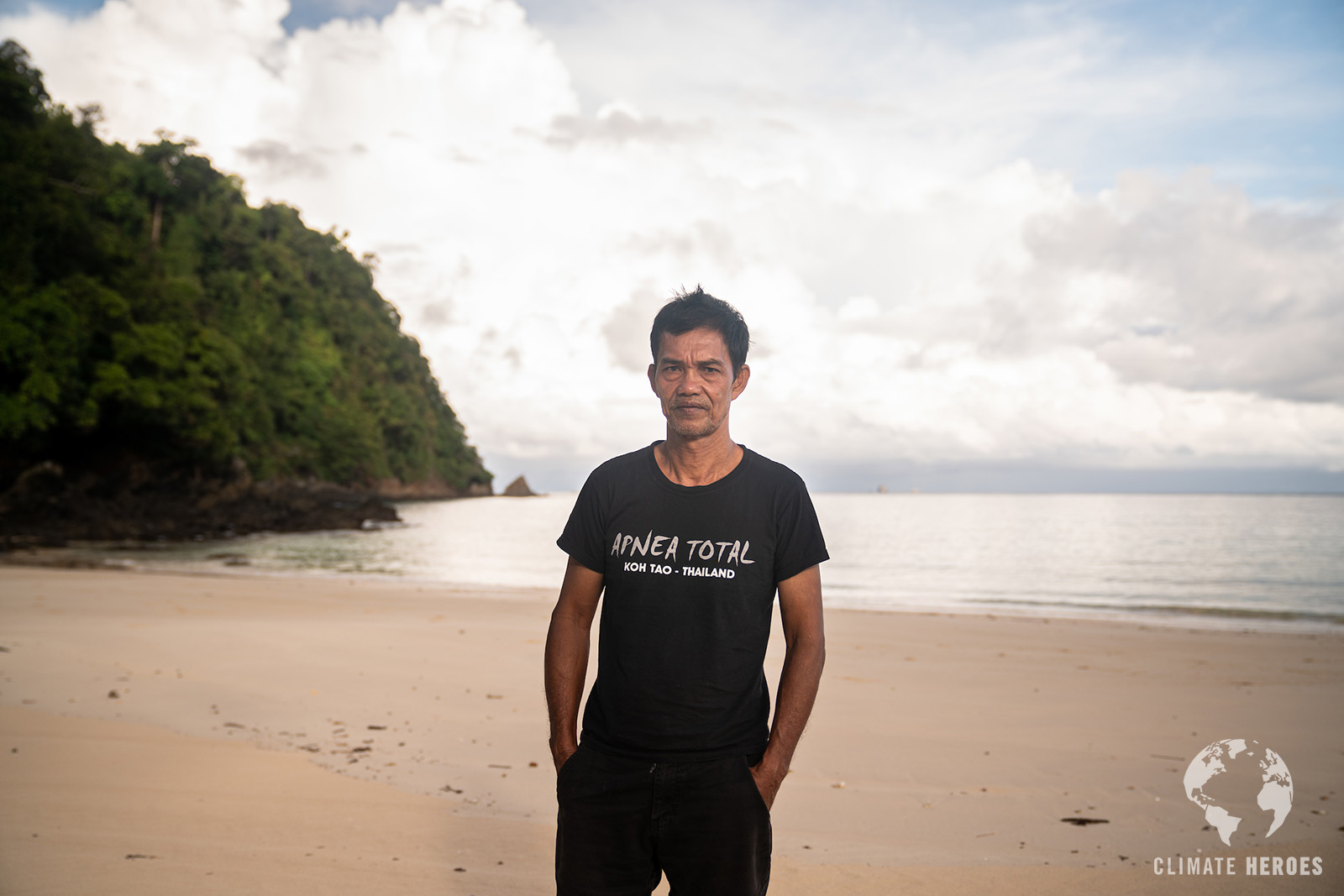Jean Jouzel: Understanding climate history
Nobel Prize as IPCC member (the IPCC has received the Nobel Prize for peace in 2007 along with Al Gore) Jean Jouzel has researched climate factors for over 45 years, and he strongly believes in the role of scientists to inspire the public to act now.
During the 1970s, studying ice formation in hailstones in France led Jouzel literally to the ends of the Earth to study the ice sheets of Antarctica and Greenland, where the ice is a bit older and bigger. Using ice core samples, he’s able to determine the age of the ice, where each ring represents a new year. He says, “It was researching the climate of the past that helped me gain interest in the climate of the future.”
His most prolific project charts Antarctic temperatures over the past 800,000 years by extracting isotopic information from the ice cores. One of the most cited scientists in this field, Jouzel was jointly awarded the Nobel Peace Prize as well as the Vetlesen Prize, often cited as the Nobel Prize for Earth and University Sciences. His work has led to the publication of over 250 articles and books on climate research.
“The role I have endorsed [as a scientist] is to carry information about climate evolution, about the risks of what might happen if we decide to turn to a climate based on greenhouse gases,” He says. “The word climate to me is a subject of scientific investigation.”
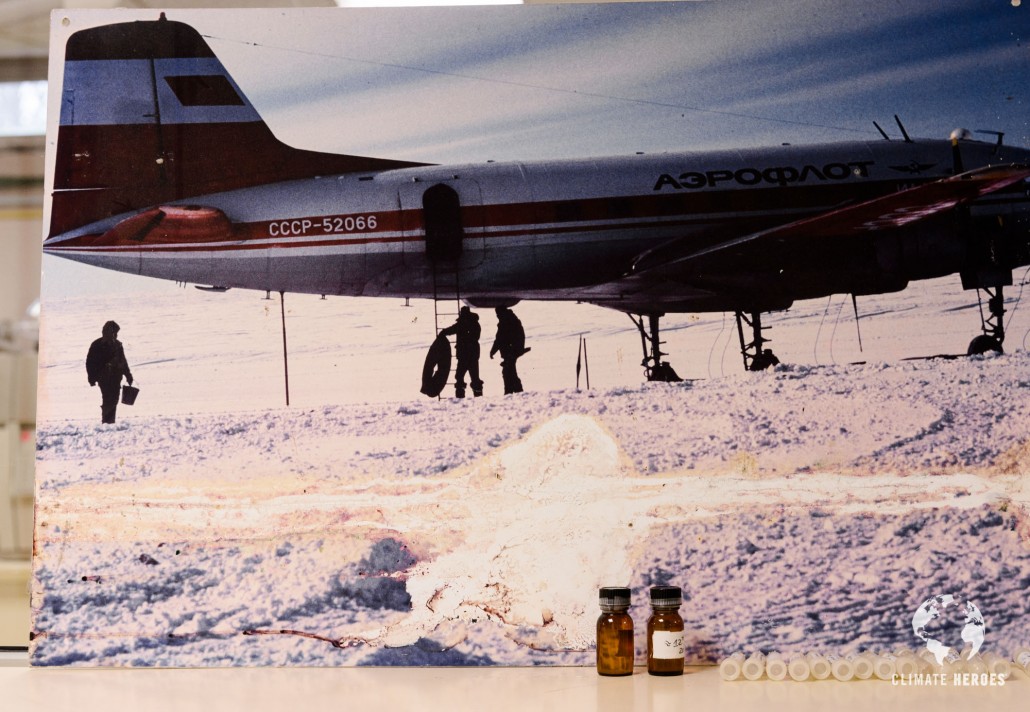
“The last numbers in 2011 indicated that climate change was 90% linked to our emissions of greenhouse gases – 90% directly linked to petrol usage and the rest to deforestation,” he says. “Global warming is not yet damaging, but if we do nothing in the coming years we will have more extreme events, droughts, storms and so on.” He advocates transitioning to renewable sources of energy. “The link between climate and energy is at the heart of this debate.”
As a scientist, Jouzel understands the importance of communicating research to people who can act upon the results: “We only embrace what we know, so it’s crucial to relay information from the scientific community. It’s our duty to testify of the reality of things the best we can.”
“This quality-based goal has become a quantity-oriented objective, which means that we have to do everything in our power for global warming never to exceed 2 degrees more than the pre-industrial climate. It’s a truly difficult challenge…I’m afraid this might be too little too late.”
He says after a pause, “Political figures didn’t pay attention to what the scientists were saying. Because our message in the 90s was the same one we have today in the 2010s. Which is if we keep on producing more greenhouse gases without restriction, we’re looking at consequential shifts in temperature in the second part of the 21st century and beyond. Our commitment to the cause, no doubt in my mind, is something we need to pursue.”
Beyond decision makers, Jouzel tries to leverage public platforms to raise awareness about what he learned in the polar regions studying the world’s most beautiful and isolated ecosystems. A bridge between academic circles and the general population, he explains, “I think it’s our responsibility as scientists to respond to the public’s questions, and to emphasize the various aspects that can still bring hope to the public, if we start acting now.”
